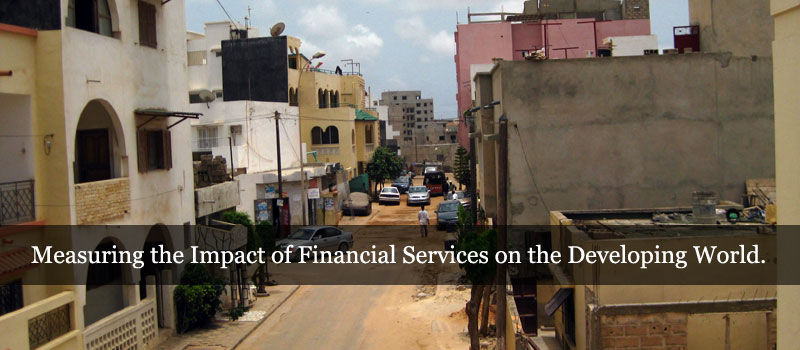Pakistan
Microfinance Opportunities (MFO) designed a Health Microinsurance (HMI) Outcomes Assessment study in Pakistan to investigate changes in household health risk management behavior and health-seeking behavior to determine if households that enroll in the health microinsurance achieve improved financial and health outcomes as a result of using the insurance. The evaluation also probes for changes at the hospital level, such as levels of hospital utilization, costs, and revenues that could lead to changes in the quality of care offered.
Baseline research was carried out in November and December 2008 as the HMI product was rolled out. The report summarizes the results of three separate, but related qualitative field research activities. The first research activity focused on consumers and investigated the demand for the HMI product, current use of risk management financial services for health emergencies, current health-seeking behaviors and consumer preferences for health and hospital care providers. The second activity explored and documented the supply of formal and informal risk management financial products in the study area. The third activity examined the supply of health-care services available to HMI policyholders. The research mainly employed focus group discussions (FGDs) and structured key informant interviews to assess these changes and explore the value proposition of the HMI. Research focused on the population of Ghizar district, the western-most part of the Northern Areas in Pakistan. Results are summarized in a Baseline Report and a research brief. The HMI project ended before the endline research could take place.
Papers
Health Microinsurance Outcomes Assessment Baseline Pakistan
by Elizabeth McGuinness and Jennifer Mandel with Holly Korda and Ayesha Tayyab
Briefs
Early Warning Signs: The Role Of Geographic And Marketing Challenges In The Akam Microinsurance Experience
by Anne Folan




